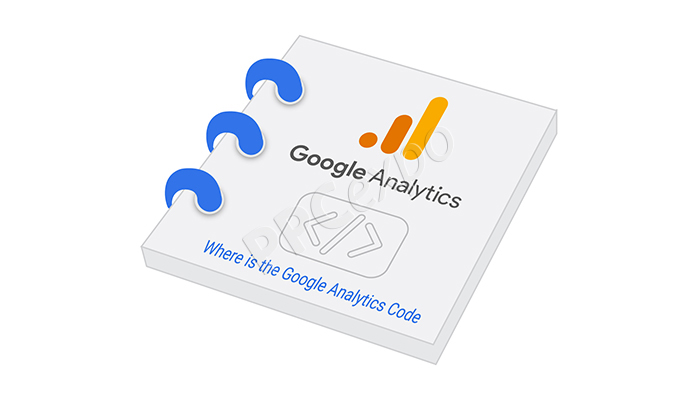Using Google Analytics to Track the Performance of Your Digital Marketing Efforts
Google Analytics is a powerful tool that can help you understand the performance of your digital marketing efforts. From tracking website traffic to measuring the success of your campaigns, Google Analytics provides valuable insights that can help you make informed decisions about your marketing strategy.

Here’s a step-by-step guide on how to use Google Analytics to track the performance of your website:
- Set up a Google Analytics account: If you don’t already have a Google Analytics account, you can sign up for a free account at google.com/analytics. You’ll be asked to provide some basic information about your website and your target audience.
- Install the tracking code: After you’ve set up your account, you’ll be given a tracking code that you’ll need to install on your website. This code will allow Google Analytics to track the activity on your site and provide you with data about your audience.
- Set up your goals: Goals allow you to track specific actions that you want your visitors to take on your site, such as making a purchase or filling out a contact form. In Google Analytics, you can set up different types of goals, such as destination goals, event goals, and duration goals.
- Analyze your audience data: Google Analytics provides a wealth of data about your audience, including demographics, location, and behavior. Use this data to gain insights into who your audience is, what they’re looking for, and how they’re engaging with your site.
- Track your website traffic: Google Analytics allows you to see how many people are visiting your site, how they’re getting there, and what they’re doing on your site. Use this information to understand which pages are performing well, which ones need improvement, and where your audience is coming from.
- Measure the success of your campaigns: Google Analytics provides a variety of tools for measuring the success of your marketing campaigns, such as tracking conversions and attributing sales to specific campaigns. Use this data to understand which campaigns are delivering the best results and where you need to make improvements.
- Use custom reports: Custom reports allow you to create custom views of your data to better understand your audience and the performance of your site. You can create custom reports based on the data that’s most important to you, and save them for easy access in the future.
In conclusion, Google Analytics is a powerful tool that can help you understand the performance of your digital marketing efforts. From tracking website traffic to measuring the success of your campaigns, Google Analytics provides valuable insights that can help you make informed decisions about your marketing strategy.
Ready to take your online presence to new heights?
About us
Freelance Agency – Internet Marketing Company (Pvt) Ltd. is famous due to Its expert services in web and graphic design domains. We have developed our strategies through our years of experience with multiple clients to fulfill their business growth requirements.
© Copyright – 2024 | All Rights Reserved by Freelance Marketing Agency SMC Pvt. Ltd. | Since 2019
